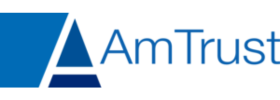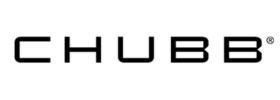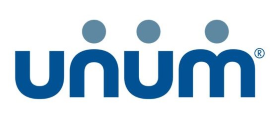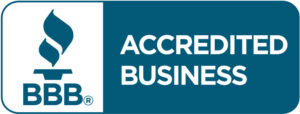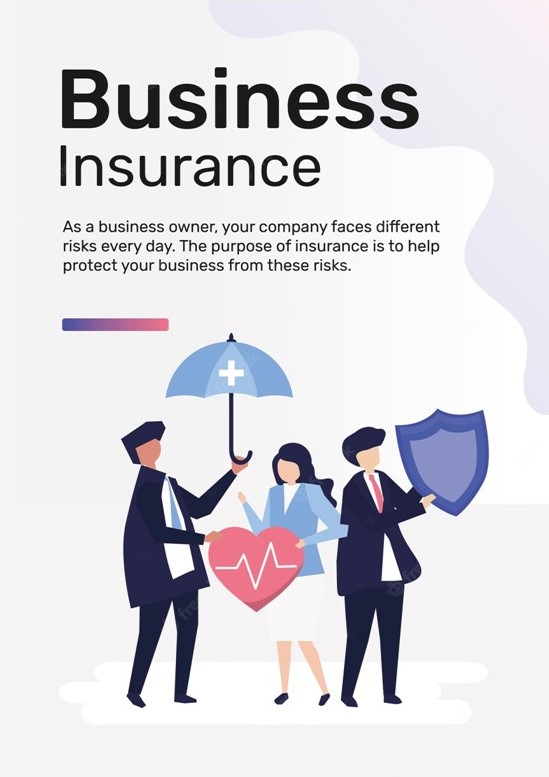
What type of business insurance do I need?
As a business owner, one of the most important decisions you need to make is whether or not to invest in business insurance. Business insurance can help safeguard your company against a wide range of risks and potential losses, from property damage and theft to liability claims and lawsuits. In this article, I will explore the importance of business insurance and the different types of coverage available to help you choose the right insurance policy for your business.
What is Business Insurance?
Business insurance refers to a range of insurance policies designed to protect businesses from financial losses resulting from unexpected events. These events could include property damage, theft, liability claims, lawsuits, and more. Business insurance policies are usually tailored to meet the specific needs of each business, depending on the risks they face and the industry they operate in.
Importance of Having Business Insurance
The importance of having business insurance cannot be overstated. Without insurance coverage, a single event could potentially wipe out your business and leave you facing financial ruin. For example, if your business experiences a fire or flood and you don’t have property insurance, you could be left with nothing. Similarly, if one of your employees gets injured on the job and you don’t have workers’ compensation insurance, you could be liable for their medical expenses and lost wages.
Additionally, having business insurance can help protect your reputation and credibility in the marketplace. If your business is sued for negligence or other legal issues, having insurance coverage can help demonstrate that you take your responsibilities seriously and are committed to protecting your clients and customers.
Types of Business Insurance
There are several different types of business insurance policies available, each designed to provide coverage for specific risks and potential losses. Here are some of the most common types of business insurance:
Commercial Insurance
Commercial insurance is a broad category of insurance policies designed to provide coverage for businesses of all sizes and across all industries. Commercial insurance typically includes property insurance, liability insurance, and business interruption insurance, among other types of coverage.
General Liability
General liability insurance is designed to protect businesses from claims of bodily injury, property damage, and personal injury resulting from their operations or products. This type of insurance can cover legal fees, settlements, and judgments that arise from these types of claims.
Business Income
Business income insurance is designed to provide coverage for lost income and expenses resulting from an unexpected interruption to your business operations. This could include things like fire or flood damage, equipment breakdowns, or other sudden events that prevent you from conducting business as usual.
Property Coverage
Property coverage insurance is designed to protect businesses from losses resulting from damage to their physical property, including buildings, equipment, and inventory. This type of insurance can cover losses resulting from fire, theft, vandalism, and other events.
Workers Compensation
Workers’ compensation insurance is required in most states and is designed to provide coverage for employees who are injured or become ill as a result of their work. This type of insurance can cover medical expenses, lost wages, and other related costs.
Professional Liability
Professional liability insurance is designed to protect businesses that provide professional services from claims of negligence, errors, or omissions. This type of insurance can cover legal fees, settlements, and judgments that arise from these types of claims.
Business Owners Policy (BOP)
A business owners policy, or BOP, is a type of insurance policy designed specifically for small and medium-sized businesses. BOPs typically include a combination of property insurance, liability insurance, and business interruption insurance, among other types of coverage. Businesses that are eligible for a BOP typically need to meet certain criteria, such as having fewer than 100 employees and operating in a low-risk industry.
Assessing Your Business Insurance Needs
Assessing your business insurance needs can be a complex process that requires careful consideration of your business operations, risks, and potential losses. When evaluating your insurance needs, consider the following factors:
- Your industry and the risks associated with it
- The size and scope of your business operations
- Your revenue and financial stability
- The types of assets you own, including buildings, equipment, and inventory
- The number of employees you have and the types of risks they face
- Your legal obligations and potential liability exposure
How to Choose the Right Insurance Provider
Choosing the right insurance provider for your business is just as important as choosing the right insurance policy. When evaluating insurance providers, consider the following factors:
- The provider’s reputation and financial stability
- The provider’s experience in your industry
- The provider’s customer service and support
- The provider’s claims process and response times
- The provider’s pricing and coverage options
Understanding Your Insurance Policy
Once you have selected an insurance policy and provider, it’s important to thoroughly understand the terms and conditions of your policy. Pay close attention to exclusions, deductibles, and limits, as these can significantly impact the coverage and cost of your policy. Exclusions are specific risks or events that are not covered by your policy, while deductibles are the amount you must pay out of pocket before your insurance coverage kicks in. Limits refer to the maximum amount of coverage your policy provides for a given type of loss or event.
Common Mistakes to Avoid When Purchasing Business Insurance
When purchasing business insurance, there are several common mistakes that you should avoid. These include:
- Failing to accurately assess your insurance needs
- Choosing the cheapest policy without considering coverage and quality
- Failing to understand the terms and conditions of your policy
- Neglecting to review and update your insurance coverage regularly
- Not seeking professional advice from an insurance broker or agent
The Cost of Business Insurance
The cost of business insurance can vary widely depending on a range of factors, including the size and scope of your business operations, the industry you operate in, and the types of risks you face. Other factors that can impact the cost of your policy include your claims history, the deductible and limits you choose, and the types of coverage you need.
Conclusion
Investing in business insurance is crucial for protecting your company against unexpected events and potential losses. By understanding your insurance needs, choosing the right insurance provider and policy, and carefully managing your coverage, you can help safeguard your business and ensure its long-term success. So don’t wait – start exploring your business insurance options today and take the first step towards protecting your company’s future.

















